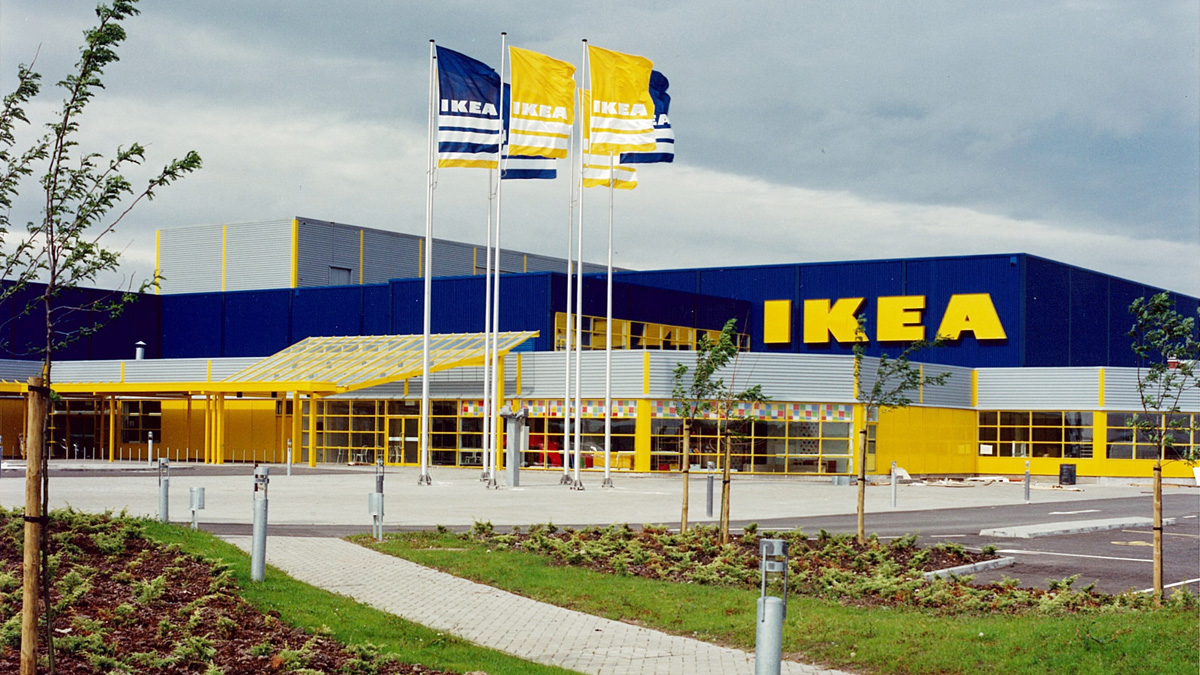The biggest challenge Britain faces is keeping its success stories here
There is a scale-up difficulty as fundraising gets harder, but companies also need to feel loved, says economics expert Szu Ping Chan
 (Image: Dinendra Haria/SOPA Images/LightRocket via Getty Images)
(Image: Dinendra Haria/SOPA Images/LightRocket via Getty Images)
Another day, another delisting. The £5.4bn private equity deal to buy Hargreaves Lansdown will take yet another British success story off the UK stock market. There are more in the pipeline. What used to be the exception is becoming the rule. The number of companies traded on the London Stock Exchange has been in steady decline for years, falling from more than 2,400 a decade ago to around 1,800 today.
Industrial software maker Aveva, supermarket Morrisons, defence supplier Meggitt and outsourcer G4S are just a few of the companies that used to be traded in London. Others such as Ashtead are also reportedly on the way out. The truth is Britain’s biggest companies aren’t so big anymore.
Yes, the FTSE 100 is a £2tn index, but the value of all of Britain’s leading companies combined is still slightly smaller than the market value of Apple alone. There is also a widespread perception that British stocks are cheap. Take the price-to-earnings (P/E) ratio, which looks at the relationship between a company’s share price and how much it makes.
The higher the number, the further away it is from its value. Stocks on the S&P 500 in the US trade at a P/E ratio of roughly 20. For Europe’s STOXX 600, that number is 13. The London market has a ratio of about 11. Company bosses are no longer sitting on the sidelines waiting for things to change.
The biggest name of them all is perhaps Shell, which has the largest weighting in the FTSE. “I have a location that clearly seems to be undervalued,” said Shell’s chief executive Wael Sawan earlier this year, as he tried to explain the gap between London-listed Shell’s £175bn valuation and that of rival Exxon Mobil, which has a market cap of £410bn.

All options were on the table, he added. Of course, fundamentals play a big role. Exxon makes more money than Shell, but the returns speak for themselves. The S&P 500 is up 83 per cent across the past five years. The FTSE is up less than 13 per cent during the same period. It’s not all doom and gloom. Here’s a little-known fact: Britain has the most unicorns – start-ups with a value of at least $1bn – in Europe. And they’re not all tech businesses either.
Companies such as software business Quantexa, schools group Inspired Education and OakNorth bank have all grown into billion-dollar businesses. The biggest challenge Britain faces is how to keep them here. The scale-up task in Britain cannot be understated. One thing I repeatedly hear from City bosses is how frustrated they are about the time and resources it takes to raise money in the UK compared with elsewhere, especially when they’re looking for a big cheque.
The feedback from some British companies is that they spend more than a third of their time fundraising, compared with less than 20 per cent in the US. More time on the road trying to raise money means less time focused on growing their businesses. There are those trying to do things differently. Take James Harrison.
His company Cycle Pharmaceuticals stunned markets back in June with an audacious $466m (£355m) all-cash bid for its listed US rival Vanda. I interviewed Harrison recently and his story left a big impression on me. Harrison started Cycle in 2012 with patient capital from institutions, including the University of Cambridge.
He rejected the private equity route for funding and has been growing the business steadily ever since. In many ways, someone like Harrison should have already cashed in on a US stock market flotation. Around 99 per cent of Cycle’s sales are in the US and many of its employees are based there as well. Harrison told me two things are keeping him in the UK. Loyalty is one. After all, he says the British state subsidised his education and taught him the tools of the trade.
Second, and as the name suggests, he has “patient” investors. Harrison does recognise why so many are seduced by American investors who have deeper pockets and are more willing to take risks. After all, many company bosses today are more like Premier League football managers than corporate stewards. The pressure to deliver results quickly can be immense.
Harrison’s funding model means that, in his words, he didn’t face the inevitable “fork in the road” where companies – particularly those in the biotech industry – need big bucks to turn their idea into the next blockbuster drug. “All the really big venture capitalists that can sign cheques of $100m-plus tend to be American,” he says. “If they subsequently fail, they fail. And if they subsequently succeed, they become ever more American [because the next step is usually a flotation].”

Part of stopping the slow drip of companies moving away is money. The chancellor, Rachel Reeves, wants to follow in the footsteps of her predecessor Jeremy Hunt by getting more of our retirement savings working for the UK economy. Some of it is about showing we care. Many of Britain’s unicorns are far from household names. But why not? We should be celebrating their success.
After all, if they do well and hire more people, that means more tax revenues to fund public services. But many feel unloved. The boss of one private firm valued at more than £5bn told me that he’d been courted several times by US stock exchange officials. “I’ve had little more than a back-office clerk from the London Stock Exchange paying me a visit,” he laments. Keeping up appearances matters.
There aren’t too many ways we should be copying French president Emmanuel Macron, but his knowledge of how to roll out the red carpet is one. An excellent report by Lord Harrington last year on how to boost foreign direct investment noted that businesses had become accustomed “to receiving texts directly from Macron, being invited to the Palace of Versailles” and being given the star treatment.
It may sound superficial, but sometimes in business, personal relationships are what really matters. Rules and regulation are also hindering Britain’s success. One thing that struck me about the Hargreaves Lansdown deal is that analysts said it would be easier for the investment platform to cut fees under private ownership. Fees are a fundamental part of a business such as Hargreaves.
Companies must be allowed to compete and not be obstructed by red tape. I look at it this way. The opportunities in the UK are immense. Policymakers, regulators and businesses must seize them before something more insidious takes hold.
Szu Ping Chan is economics editor of The Telegraph



